![]() — Home — Business News
— Home — Business News
Weekly Business News from Myanmar
-
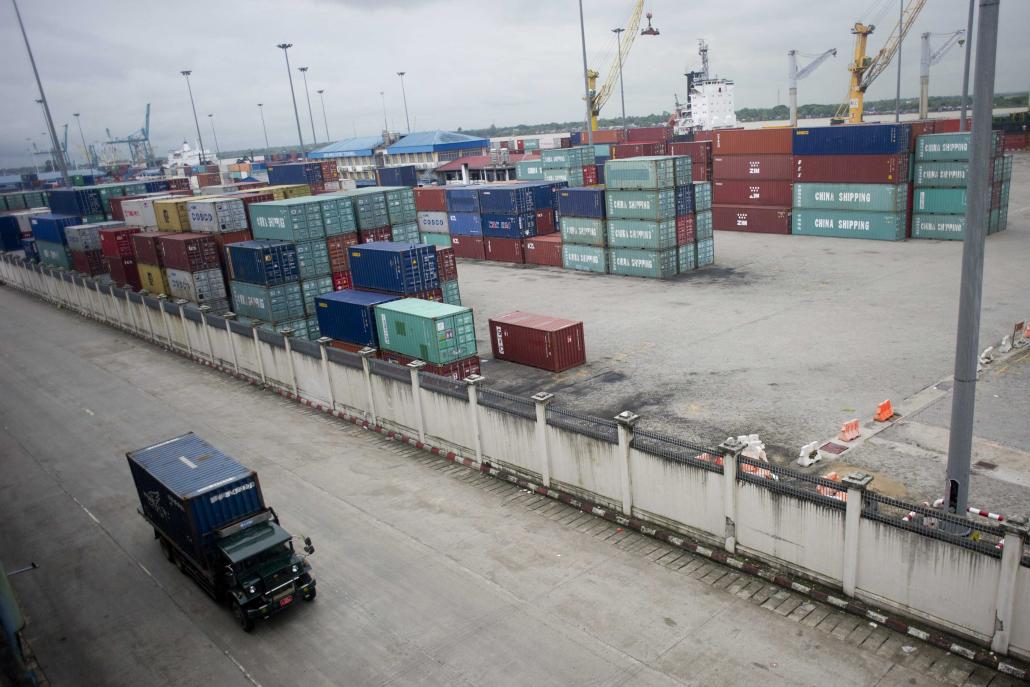
Although some reform has been implemented at Yangon port, the process for import and export there remains complicated, slow and costly
The latest World Bank ease of doing business report ranked Myanmar near the bottom of 190 global economies and this story will help you to understand why. IT’S FAIRLY easy to register a trading business in Myanmar. But getting permission to import or export products through Yangon’s port is another matter entirely – let alone physically getting goods into and out of the country. Despite some reform steps, the process remains complicated, slow and costly. The latest World Bank Doing Business report for Myanmar ranked the country 163rd of 190 surveyed for trading across borders. The numbers in the report are staggering: the World Bank says it takes 230 hours to complete border compliance when importing goods, including obtaining, preparing and submitting documents during port or border handling, customs clearance and inspection procedures, compared to an average of 70.5 hours for East Asia and the Pacific, and 8.7 hours for high-income countries. The cost is also higher, at US$457 compared to $431 for the region and just $111.6 for high-income countries. -
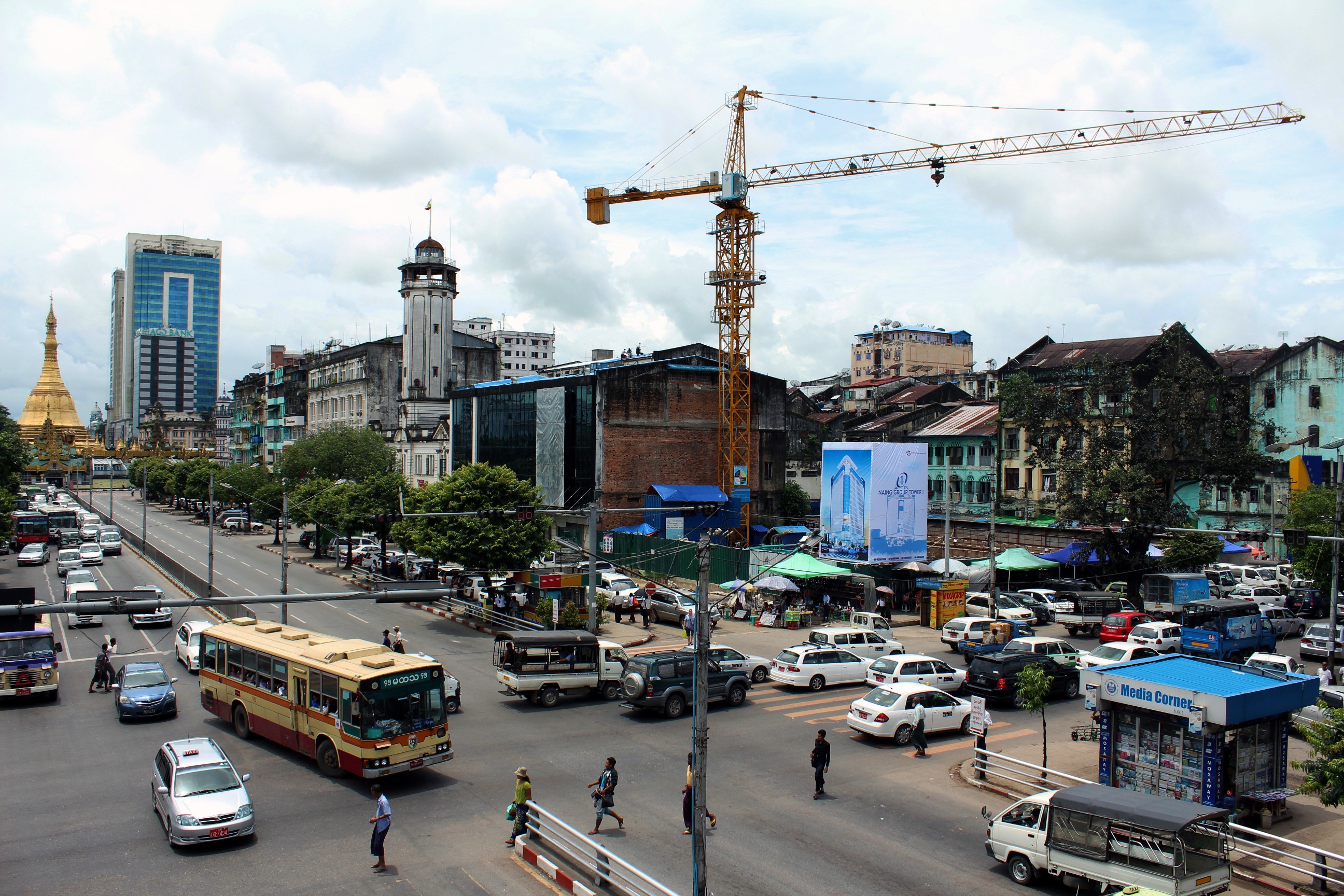
Myanmar has economic potential but needs to restructure its system, implement discussions with the business community, and deliver concrete policy reforms to improve the investment climate
Last year, U Kyaw Win, the planning and finance minister, proclaimed that Myanmar’s economy is like a plane at full throttle down the runway, ready to take off. “Myanmar is like a plane running on the runway in 2016, but it is ready to take off in 2017.We will prevent [tackle] the monopoly which has persisted in Myanmar due to years of protectionism,” U Kyaw Win said. Two years into this government’s term though, and it is clear that neither has happened. The system needs to be restructured for it to take flight. The current economy is akin to the collapsed venture between All Nippon Airways (ANA) and Golden Sky World. Last year, ANA was forced to back out of a JV with Shwe Than Lwin’s subsidiary in which the Japanese airline originally was to pay US$25 million for a 49pc stake. The deal failed to go through because Nay Pyi Taw rejected the JV’s application for an air operator’s certificate without reason. ANA had been waiting for 1.5 years. -

The Yangon Region Government's promotion of public-private joint ventures has been controversial, with critics saying that the government should stay away from the joint venture with the private sector and focus instead on transparently contracting some
Senior Yangon City Development Committee officials and chief executives of some of the country’s most prominent companies met on March 5 to discuss a proposal for a joint venture enterprise to be called Yangon Infrastructure Development Co Ltd (YIDC). YCDC is under the Yangon Region Government and Chief Minister U Phyo Min Thein has proposed that YIDC take over its municipal responsibilities, such as garbage collection, road building and digging drains. At the meeting, one local company said that its study had found that US$7 billion was needed to upgrade the city’s infrastructure. YIDC is just the latest proposal for a public-private joint venture backed by the Yangon Region government since it took office in 2016. But are these joint ventures likely to be successful? Under junta rule, union-level ministries and the states and divisions (now known as regions) were allocated budgets and were given significant autonomy on how it was spent. Basically, they spent it was they saw fit. A consequence was widespread corruption and substandard government services and infrastructure that did not reflect the amount of money that was being allocated. Meanwhile, many state-owned enterprises were running at huge losses. -
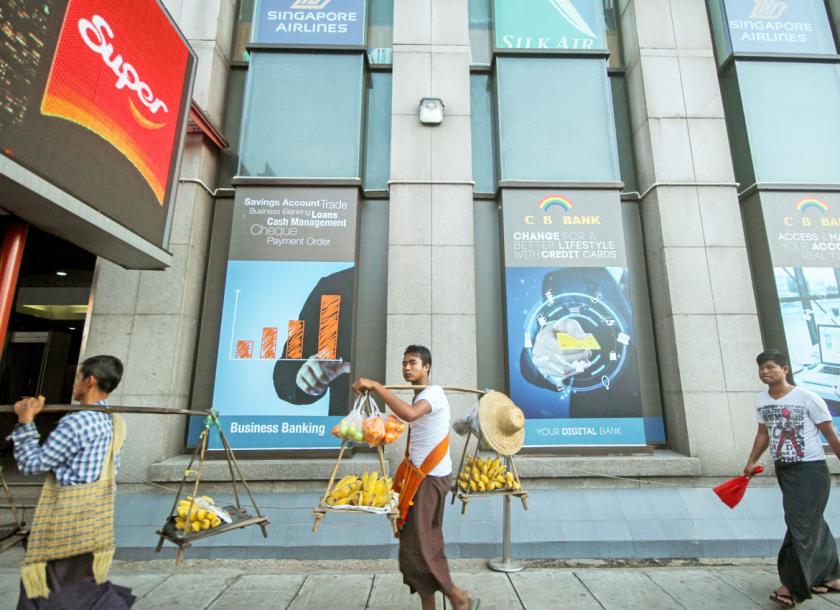
Proper accounts, financial statements, and a solid business plan are challenges for small and medium enterprise (SMEs) that wish to obtain a loan from the bank
The lack of proper accounts, financial statements and a solid business plan is one of the biggest obstacles to small and medium enterprises (SMEs) qualifying for loans, banking officials said at a recent discussion on access to capital organised by MFITRIX, a financial training school. “When obtaining loans, the banks need to review each applicant’s income and expenditure to calculate the repayment terms,” said Dr Hla Nyunt, deputy managing director of Global Treasure Bank. “Local firms are weak in basic accounting processes such as keeping track revenue, expenditure and tax. In addition, their business plans and strategies are not recorded or well-prepared. Without these documents, it is quite impossible for the banks to extend loans to them,” Ayeyarwady Bank managing director U Myint Zaw said. The government has taken efforts to help local SMEs sidestep high local interest rates and collateral requirements with options such as foreign loans and insurance. -
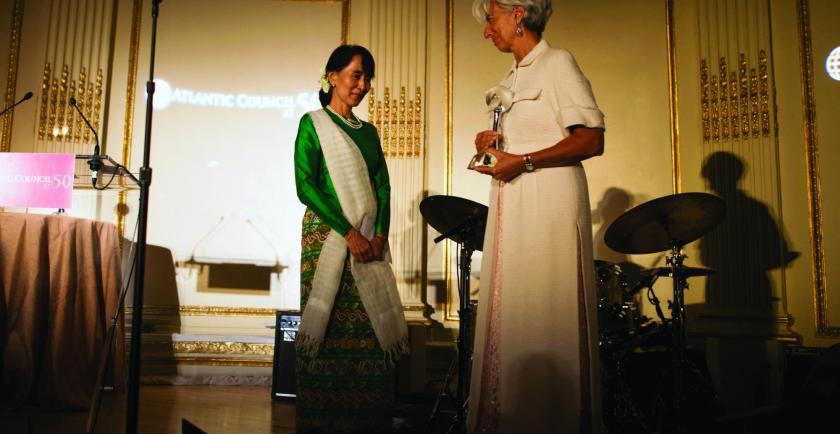
Daw Aung San Suu Kyi, State Counsellor is opening the Myanmar economy and growth is rebounding, though the risk of sanctions from the crisis in Rakhine State is causing some investors to pause
The government of Aung San Suu Kyi is opening the economy and growth is rebounding in Myanmar, though the possibility of broader Western sanctions over the Bengali Muslim refugee crisis is nevertheless giving some foreign investors pause, according to a senior IMF official. Shanaka Jay Peiris, the International Monetary Fund’s (IMF) mission chief to Myanmar, said in a recent interview that initial data reviewed by the IMF indicated that some foreign investors were delaying final approval of projects until there was clarity about how the situation may unfold. “The numbers we have for FDI (foreign direct investment) aren’t showing it yet ... but foreign investment approvals are slowing down, so there is some indicator that going forward FDI may be weaker,” Peiris told Reuters following the publication last week of the IMF’s latest review of Myanmar’s economy. -
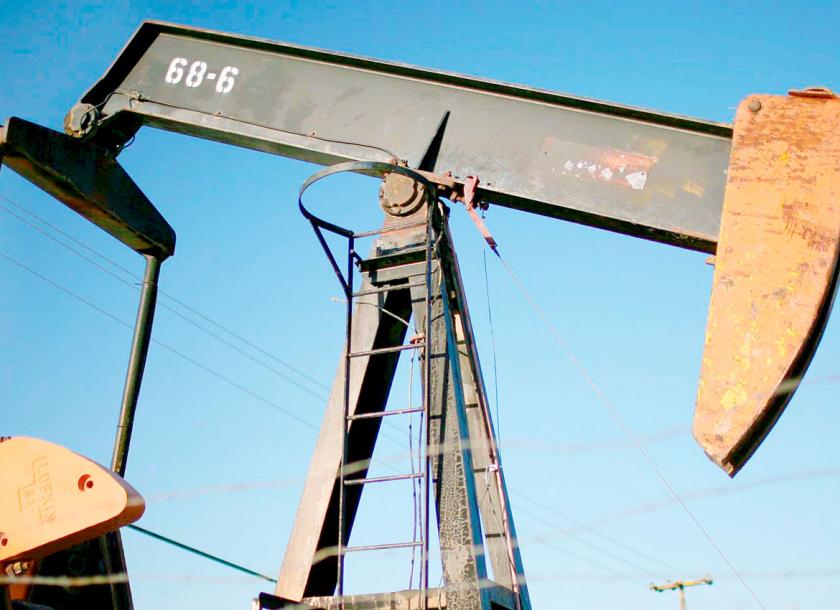
The next round of oil block tenders will be held after a revision and review of the existing terms and condition
Myanmar will review and revise some of the existing terms and conditions to its oil and gas contracts which pose difficulties to investors before calling for its next round of oil block tenders, one senior official from the Ministry of Electricity and Energy (MOEE) told The Myanmar Times. “More important than calling for tenders is revising the existing terms and conditions to our contracts to be in-line with international standards so that it is a win-win situation for the government and investors alike,” he said. As oil exploration is capital-intensive and risky business, Myanmar should help to make investing decisions easier for oil companies by reviewing the relevant investment criteria and removing terms and conditions that make it difficult to invest in the country, the official said. “We must review the obstacles for oil and gas investors and revise them to make things simpler. We will negotiate and revise contractual obligations and review the legal framework to be more aligned with international practices and current oil prices,” he said. -
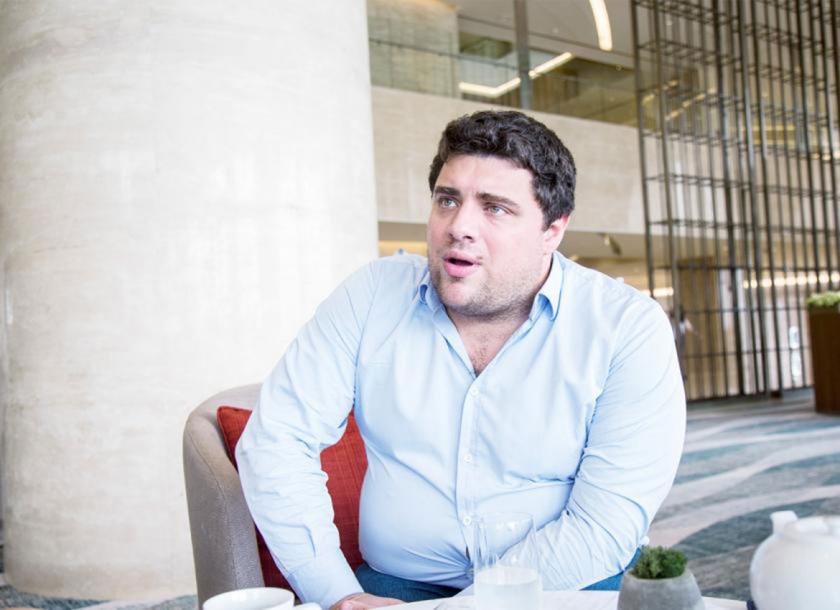
Myanmar Strategic Holdings (MSH) and Auston Institute of Management formed a joint venture to set up a private school in Yangon: Austin is an operator of private schools in Singapore and Sri Lanka
Myanmar Strategic Holdings (MSH) and Auston Institute of Management have formed a joint venture to set up and operate a private school in Yangon, according to an April 6 announcement by MSH, which is listed in London. As part of the agreement, MSH will provide the required funding, which is estimated to be around half a million dollars, for the private educational institution, while Auston will contribute the industry knowledge, curriculum and management capabilities. MSH, which is funding the initial capital contribution from its existing cash resources, will hold a 70 percent stake in the JV with the remaining 30pc being held by Auston. Auston is an operator of private schools in Singapore and Sri Lanka preparing students for careers in engineering, information technology and project management. To-date, it has enrolled around 5,000 students. -
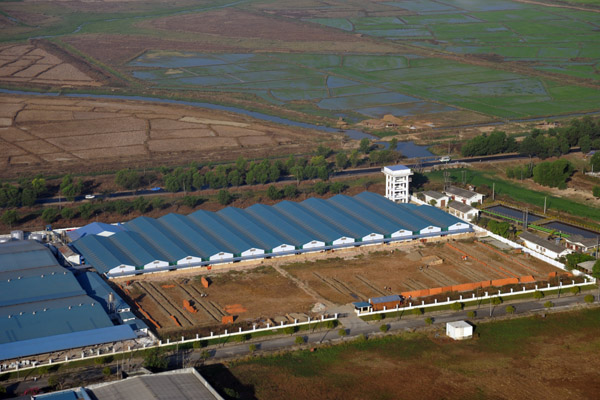
Members of parliament urged the Yangon region government to prescribe the appropriate legislation to govern industrial zone development, which will attract FDI
With the Yangon region government aiming to expand the industrial sector by around 10 percent in 2018-19, members of parliament have urged the authorities to prescribe the appropriate legislation to govern developments in the sector, as this will draw much needed foreign direct investments (FDI). This includes the construction of new industrial zones. “Presently, management at the various industrial zones in Yangon are not standardised and conducted on an ad-hoc basis. A proper law is needed to hold the industrial zones accountable,” said U Win Maung, MP from Hlaing Thar Yar township. The lack of official legislation governing Yangon’s 29 industrial zones, which were established over the past 30 years, is deterring much needed FDI. “Even though we have been implementing the zones for the past 30 years, we cannot produce Made in Myanmar brands because we have no law,” said one businessman from Shwe Lin Pan industrial zone of Hlaing Thar Yar Township. -
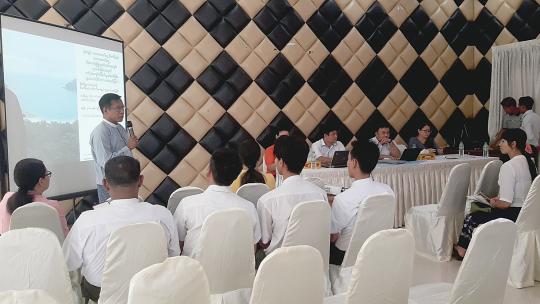
Malaysian state owned oil company PETRONAS plans to begin drilling development wells in north west sea, Myeik Township, Tanintharyi Region
MYEIK- Malaysian state-owned oil company PETRONAS will be beginning drilling development wells in M-12, M-13 and M-14 in the north-west sea from Myeik Township, Taninthayi Region, in October, November and December. The company yesterday held a meeting with the public in Myeik Township before carrying out the Environmental Impact Assessment (EIA) concerning the exploration activities. Although some departmental heads and NGOs attended the meeting, no officials from Fishery Organizations, locals and CSOs attended it. “PETRONAS intends to drill three exploration wells again at the Yetagun gas field project aiming to increase oil production in Myanmar. So, they are going to carry out Environmental Impact Assessment. Before doing EIA, they met with the public,” said Myat Mon Swe, from ERM Myanmar. -
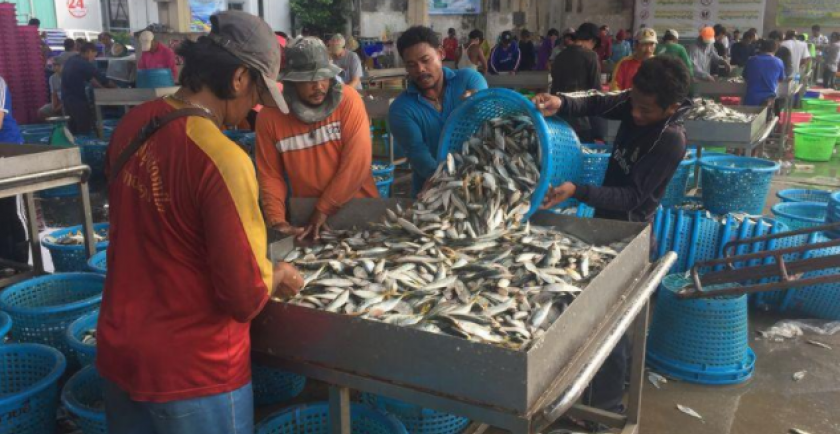
Myanmar fishermen long for justice as Thailand’s multi billion-dollar seafood sector comes under U.N. scrutiny
Sold to a boat operator in Thailand for 6,000 baht ($192) two years ago, Win from Myanmar worked as a fisherman until he lost his forearm in an accident on the vessel this year. Toiling for 19 hours a day, Win said the crew of 30 sometimes would not get any rest during peak season, with a United Nations team in Thailand this week to investigate such reports of abusive working conditions. “Life is difficult as a fisherman in Myanmar so I thought it would make my life better if I come and work in Thailand,” the father of four, 39, told the Thomson Reuters Foundation. “The ‘agent’ did not tell me what work I was going to do or how much I would be paid. I just ended up working on the boat.” The world’s third largest seafood exporter, Thailand’s fishing industry employs more than 300,000 people, many of them migrant workers from neighboring countries, and the sector has long been dogged by allegations of abuses.
Business News
Copyright © 2014 Business Information Center All Rights Reserved.







